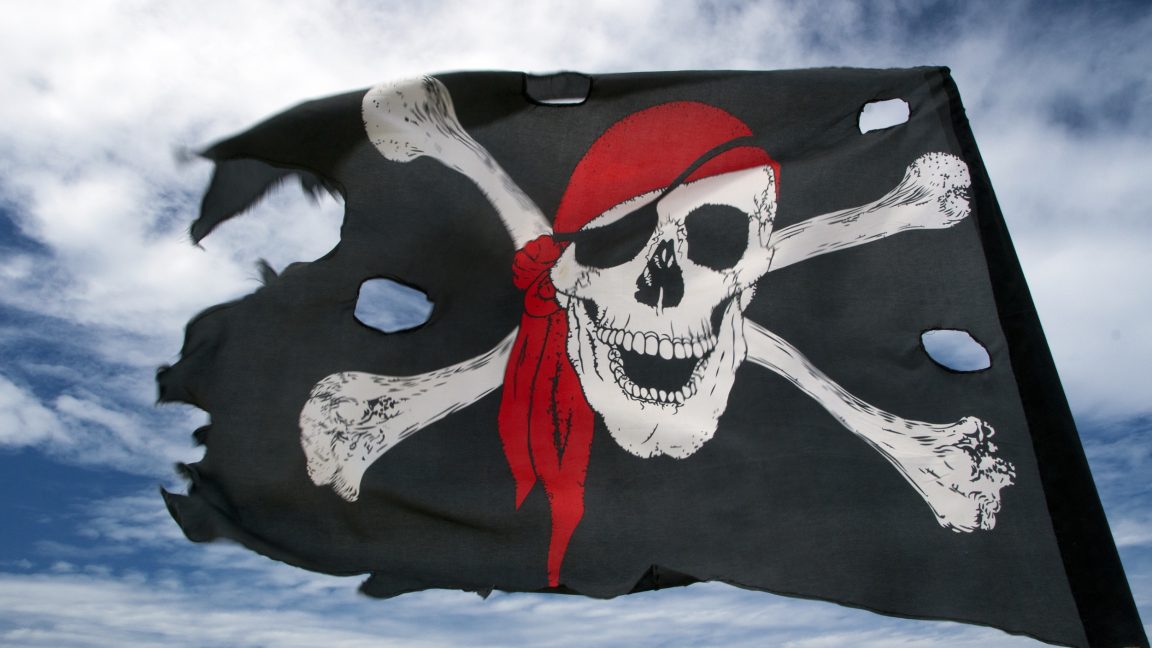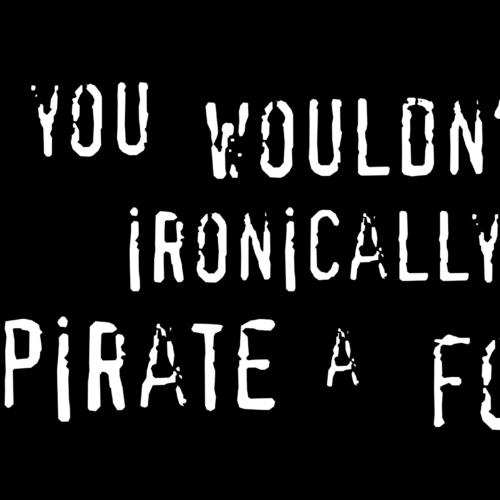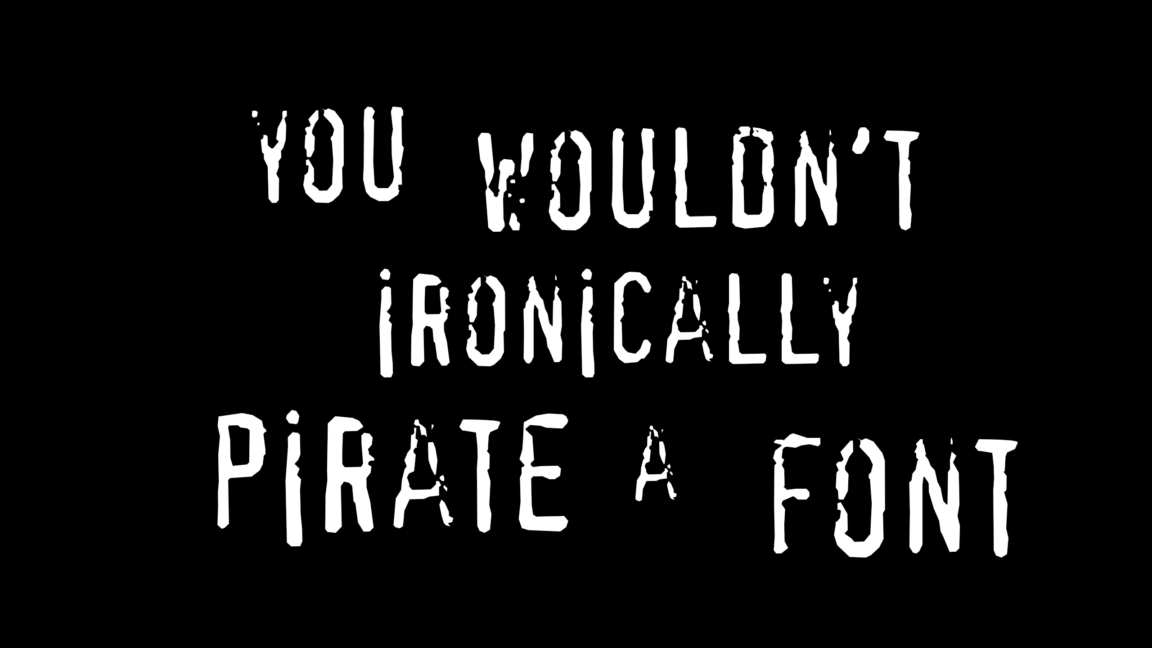Senators are trying to force ISPs to block all foreign pirate sites

Lawmakers have introduced a new bill aimed at countering “foreign piracy sites,” as reported earlier by TorrentFreak. The bill, called the Block Bad Electronic Art and Recording Distributors (Block BEARD) Act, would allow copyright holders to ask a federal court to block piracy websites.
The bipartisan legislation, led by Sens. Thom Tillis (R-NC), Chris Coons (D-DE), Marsha Blackburn (R-TN), and Adam Schiff (D-CA), marks yet another effort to block digital piracy in the US. Earlier this year, Representative Zoe Lofgren (D-CA) introduced the Foreign Anti-Digital Piracy Act (FADPA) in January, which would similarly compel ISPs to block foreign piracy websites.
Under the Block BEARD Act, a copyright holder who finds infringing materials on a foreign website can ask a court to designate the online location a “foreign piracy site.” The court will then consider whether the copyright holder is harmed by the infringing material, as well as whether the site is “primarily designed” for infringing the material in question.
If a court gives the website a “foreign piracy site” designation, copyright holders can petition the court to issue an order forcing ISPs to prevent users in the US from accessing it. It would also give site owners the opportunity to contest the order and “piracy site” designation.
Over a decade ago, efforts to block piracy sites in the US were met with internet-wide blackouts that occurred in protest of proposed laws. The Electronic Frontier Foundation (EFF) said earlier this year that site-blocking laws are “dangerous, unnecessary, and ineffective,” as restricting access to one site can potentially harm thousands of others using the same cloud infrastructure host or IP address. The EFF also points out that site-blocking is “trivially easy to evade,” as “determined evaders can create the same content on a new domain within hours,” while users can use a virtual private network (VPN) to regain access.
Despite this, Schiff says the Block BEARD Act will “protect creators and consumers alike from foreign criminal enterprises seeking to steal our intellectual property and exploit Americans.”





